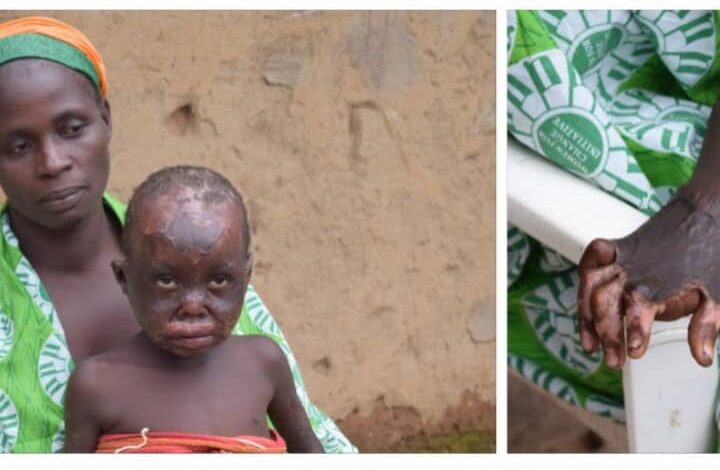Amnesty Int’l highlights brutal herders’ attacks in Nigeria

April 19, 2025 – Amnesty International has revealed shocking data showing 310 violent herder attacks on Nigerian farming communities between January 2016 and October 2018.
The report identifies Adamawa, Benue, Kaduna, Taraba, and Plateau as the worst-hit states, where residents face constant threats to their safety.
Furthermore, the organization emphasizes the government’s failure to protect vulnerable populations.

“These brutal attacks demand immediate intervention,” Amnesty declared on its official X platform.
The report particularly highlights coordinated assaults that left dozens dead.
For instance, between October 8-18, 2017, suspected Fulani gunmen targeted six villages in Plateau’s Bassa LGA, killing at least 50 people.
The violence peaked on October 16 when attackers slaughtered 27 villagers hiding in a primary school classroom.
Eyewitnesses described how gunmen trapped victims inside before executing them.
Moreover, despite a government-imposed curfew on October 13, the killings continued unabated.
This raises serious concerns about security forces’ capacity to prevent such massacres.
Amnesty notes that survivors still live in terror, with many displaced from their ancestral homes.
Additionally, the report condemns authorities for not prosecuting perpetrators.
“Impunity fuels this cycle of violence,” the document states, urging concrete measures to dismantle armed groups.
It also calls for proper compensation for victims’ families and reconstruction of destroyed communities.
Meanwhile, affected residents express frustration over perceived government indifference.
Many farmers now abandon their lands, worsening food insecurity across the region. Women and children face particular vulnerability during these attacks.
Consequently, Amnesty demands urgent security reforms, including better-equipped rapid response units.
The organization insists authorities must prioritize human life over political calculations.
International observers warn the crisis could destabilize Nigeria’s entire Middle Belt region.
Currently, displaced persons camps overflow with traumatized survivors lacking basic necessities.
Humanitarian groups struggle to provide aid due to funding shortages and access restrictions.
The rainy season further complicates relief efforts.
Ultimately, Amnesty’s findings expose systemic failures in Nigeria’s security architecture.
As attacks persist, the government faces growing pressure to demonstrate political will. The report concludes that without decisive action, more farming communities risk annihilation.
Post Views: 33





